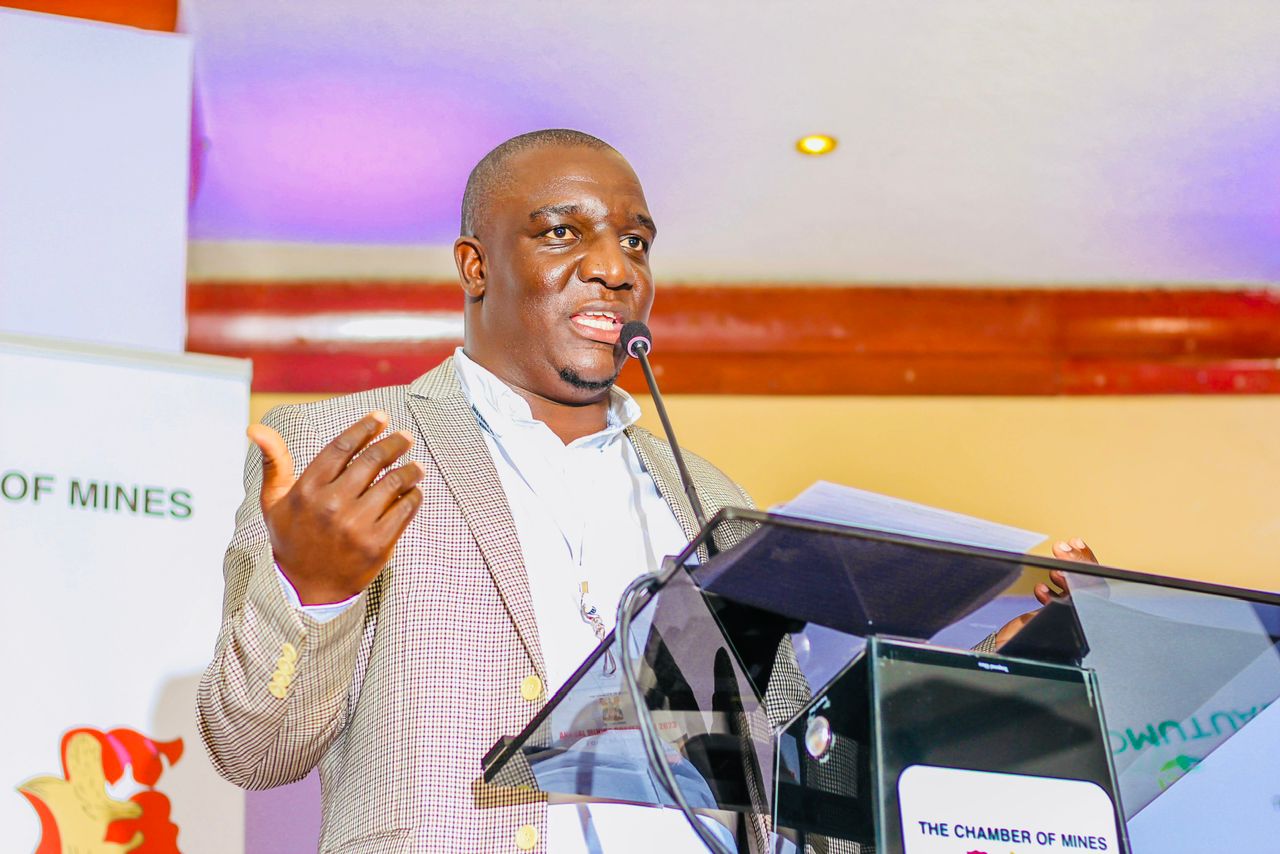Civil Societies Urged to learn Mandarin to bridge Gap for Effective Advocacy

Zimbabwean civil society organizations have been urged to bridge the language gap to effectively advocate for human rights and labor standards in the context of growing Chinese investment in the country, Mining Zimbabwe can report.
By Rudairo Mapuranga
Speaking at the Zimbabwe Alternative Mining Indaba (ZAMI) 2024 Day 3 session hosted by Zimbabwe Environmental Law Association (ZELA) and Global Witness, ZELA’s Farai Mutondoro, emphasized the importance of understanding the Chinese language and culture to engage effectively with Chinese companies and authorities.
“Language is not just a tool; it is a force,” Mutondoro said. “We all speak English because it is the language through which global trade takes place, but there is no monopoly on it. Tomorrow, we might say China should use ZiG (local currency), as we know there is a huge movement toward internationalization of the currency.
“It’s important for companies to recognize this. But as civil society, we also need to engage. We need to read Chinese literature, understand its essence, and grasp the meaning behind the words. Some might be in Chinese, others in English,” he said.
Diana Muvunduse, a human rights activist, highlighted the pressing issue of labor rights violations, particularly in the mining sector, where many Chinese companies operate.
“The real issue is the violation of international labor laws,” Muvunduse said. “Many Chinese workers in these mines are not ordinary laborers. Some are even referred to as prisoners who were incarcerated before being brought to work in those areas.”
Muvunduse further noted that language barriers can hinder efforts to document and address these violations.
“We’ve seen many examples on videos, especially on WhatsApp, where workers are unable to communicate their grievances effectively due to language barriers,” she said.
While acknowledging the challenges, Mutondoro expressed optimism about the potential for constructive engagement with Chinese authorities.
“There are opportunities for us to engage with China if we approach them in the right way,” he said. “Today, we are testing this mechanism, and I think it’s fair to put a post on that topic.”
Civil society organizations are now facing the challenge of balancing advocacy for human rights and labor standards with the need to engage constructively with Chinese investors.
By bridging the language gap and developing a deeper understanding of Chinese culture and business practices, they can better equip themselves to advocate for a just and sustainable future for Zimbabwe.
Chinese mining investors in Zimbabwe have been widely criticized for poor safety, environmental, labor, and human rights standards.
From inadequate safety measures leading to accidents, to environmental pollution and worker exploitation, many Chinese companies have disregarded local regulations. These issues are compounded by the language barrier, which hinders local workers and communities from effectively reporting abuses or negotiating for better conditions. To address this, there have been calls for Chinese investors to be mandated to obtain work visas only if they understand one of Zimbabwe’s 16 official languages, excluding sign language.
This would ensure better communication and accountability, strengthening local labor and environmental protections. Interestingly, Chinese delegates at the Zimbabwe Alternative Mining Indaba (ZAMI) 2024 were in agreement with this proposal, asserting that teaching Zimbabweans Mandarin would be akin to recolonization.
By ensuring that Chinese investors adapt to local languages, the country can safeguard its sovereignty and promote fairer, more equitable business practices.


